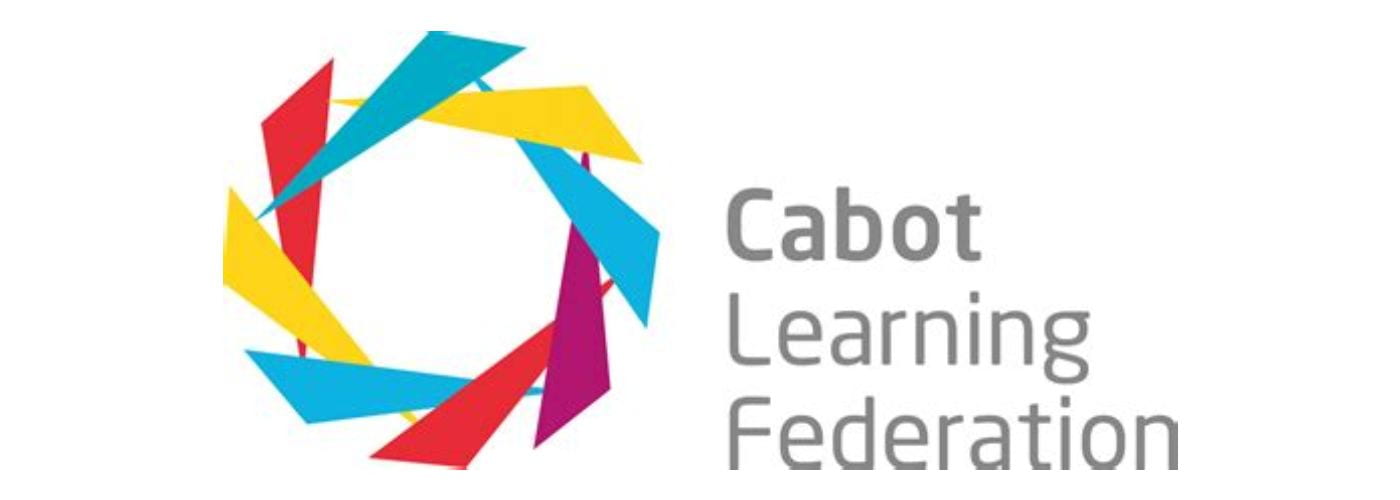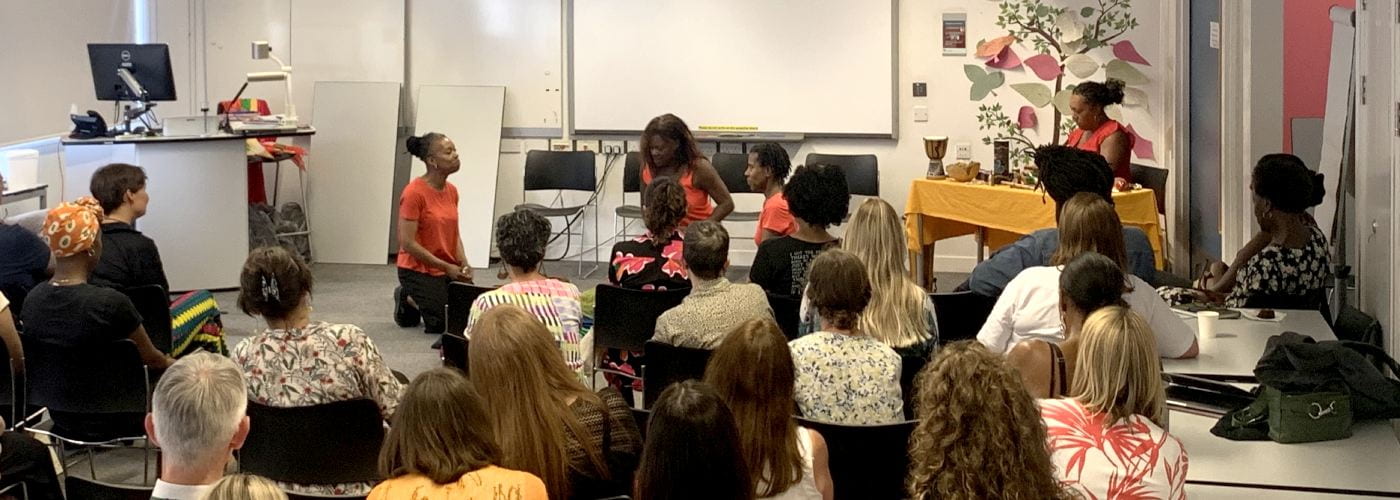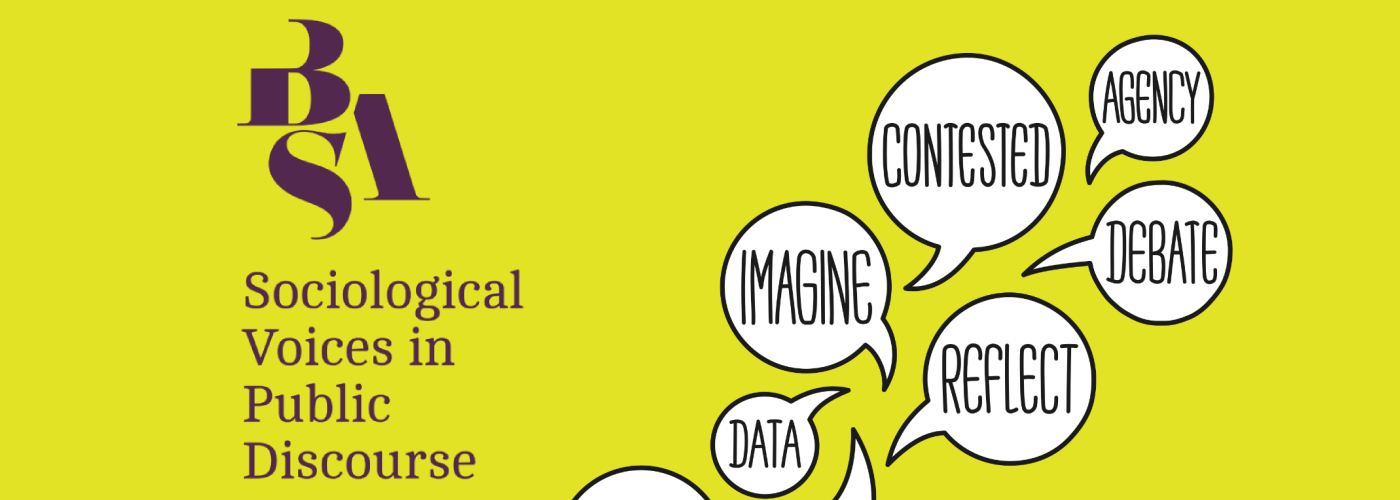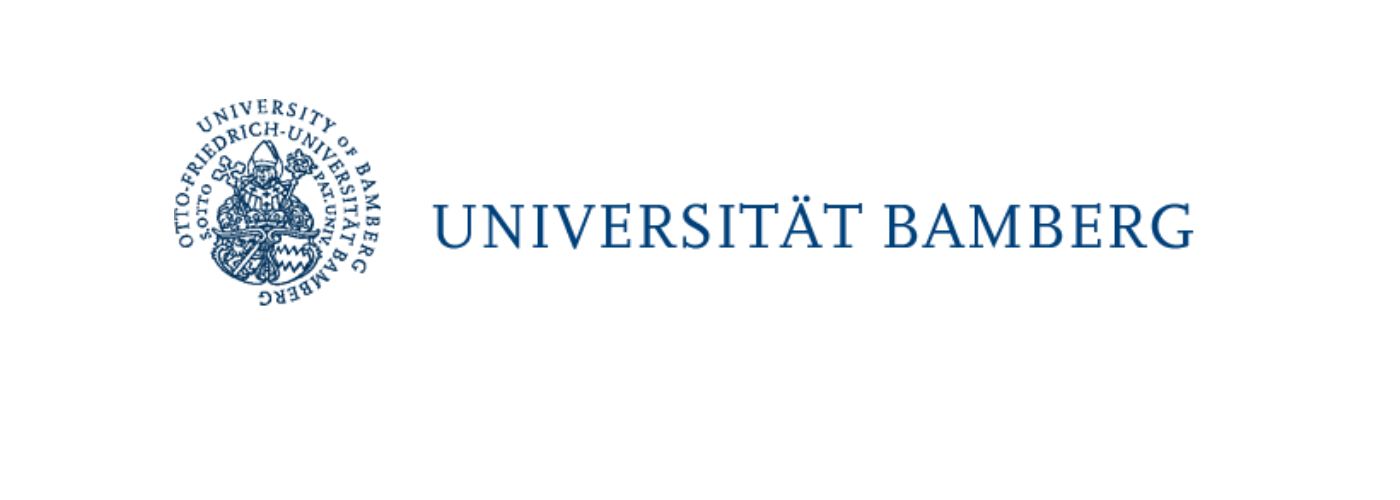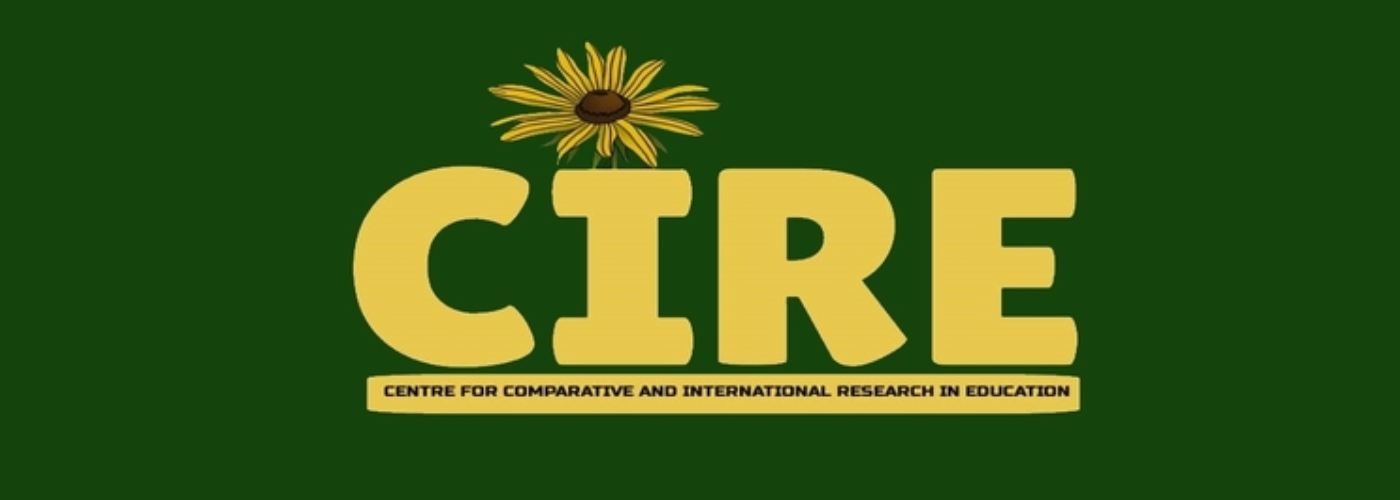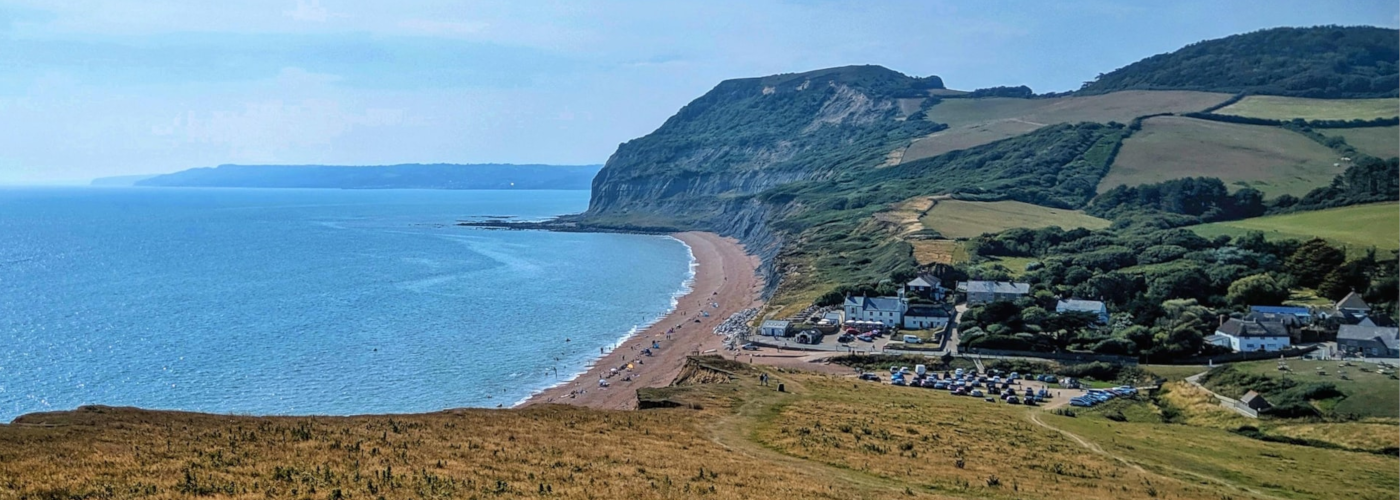Katherin presented initial results of the project at the Oberseminar of the Chair for Sociology (Social Stratification) of Professor Cornelia Kristen at the University of Bamberg. The title of the presentation was ‘Social and ethnic biases in primary school: Preliminary results from a study of teacher perceptions of students’ academic attitudes’.
The abstract for the presentation was as follows:
This study aims to investigate socioeconomic and ethnic biases in teachers’ perceptions of students’ attitudes to school. Here, we define a social or ethnic bias in teacher perceptions of the student’s attitudes as discrepancy between a teacher report of a student’s attitude (e.g., how much student finds school interesting, enjoys school, etc.) and the student’s own report that is systematically linked to the student’s socioeconomic status or ethnic background.
This talk presents results from a study using large-scale secondary data for England – the British Millennium Cohort Study (MCS). In a first step, a residual method was applied to estimate the discrepancies between teacher and student perceptions, and in a second step, the residuals were regressed on student socioeconomic and ethnic background, as well as a number of confounding and mediating variables. Preliminary results show important socioeconomic and ethnic biases in the teacher perceptions.
The study will be extended by corresponding analyses for Scotland (Growing Up in Scotland) and Germany (National Education Panel Study). The multi-country approach will enable us to explore how “macro-level factors” such as education policy and teacher training influence teacher bias. In this talk, theoretical assumptions on the possible impacts of such “macro-level factors” will be discussed.
